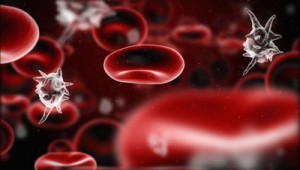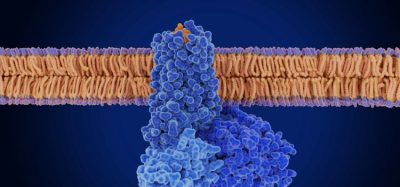Trial of selepressin for treatment of septic shock begins
Posted: 17 August 2015 |
Ferring Pharmaceuticals has started patient enrollment in a Phase 2b/3 clinical trial of selepressin for the treatment of septic shock…


Ferring Pharmaceuticals has begun patient enrollment in a phase 2b/3 clinical trial of selepressin for the treatment of septic shock.


Septic schock is a life-threatening complication of infection affecting millions of people worldwide annually. Septic shock occurs when sepsis, a potentially life-threatening complication of infection is complicated by low blood pressure that does not respond to standard treatment (fluid administration) and leads to problems in one or more of the vital organs. Septic shock patients require rapid emergency care in hospital intensive care units (ICU). Despite active treatment in the ICU, the death rate remains high.
Selepressin is a selective vasopressin type 1a receptor agonist which increases arterial pressure and has the potential to reduce vascular leakage and pulmonary oedema.
SEPSIS-ACT trial could change the way patients with septic shock are treated in the ICU
“Despite progress in identifying and treating septic shock, its impact upon patients and their families remains high, as does the burden it places on healthcare systems,” said Per Falk, Executive VP and Chief Scientific Officer at Ferring. “Ferring is investigating whether selepressin can provide an improved treatment option for patients suffering from septic shock.”
The trial, SEPSIS-ACT, will be conducted at 50-60 sites in Europe and the United States and will enroll 1800 patients. SEPSIS-ACT (Selepressin Evaluation Programme for Sepsis Induced Shock – Adaptive Clinical Trial) is a double blind, randomised, placebo controlled phase 2b/3 adaptive trial that aims to demonstrate efficacy and safety in patients with vasopressor-dependent septic shock. Its primary endpoint is the number of vasopressor and mechanical ventilator-free days up to day 30 following initiation of treatment. The intent is for the endpoint to reflect the speed of recovery from septic shock and respiratory failure.
“SEPSIS-ACT has the potential to be a landmark trial that could change the way patients are treated in the ICU,” said Dr Derek Angus, Chair of the Department of Critical Care Medicine and Director of CRISMA (Clinical Research, Investigation, and Systems Modeling of Acute Illnesses) Centre at the University of Pittsburgh. “It stands out for its innovative adaptive design, including a newly defined primary endpoint.”









